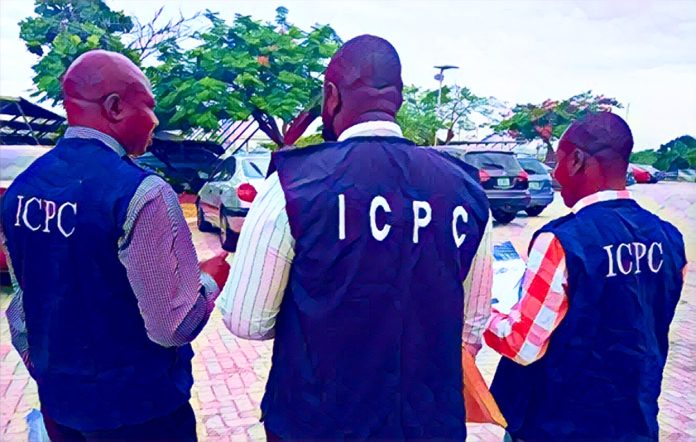Key Points
-
ICPC is investigating illegal student loan deductions.
-
Over N203 billion was allocated, but only N44 billion disbursed.
-
Students and institutions may face deeper scrutiny.
The Independent Corrupt Practices and Other Related Offences Commission (ICPC) has launched an investigation into the student loan disbursement investigation.
This action follows reports that some institutions made illegal deductions from student loans under the Nigerian Education Loan Fund (NELFUND).
The ICPC announced the probe on Thursday through its X (formerly Twitter) account. According to the agency, some tertiary institutions exploited students by making unauthorized deductions from loan disbursements.
The investigation will target NELFUND, specific tertiary institutions, and individual student beneficiaries. ICPC has confirmed that discrepancies in financial records have already been established.
Preliminary findings reveal massive financial discrepancies
Initial findings by ICPC revealed a significant gap in the student loan records. The Federal Government allocated N203.8 billion to NELFUND.
However, only N44.2 billion was disbursed to 293,178 students across 299 institutions.
The ICPC detailed the fund sources: N10 billion came from the Federation Allocation Account Committee; N50 billion from the Economic and Financial Crimes Commission; and two separate N71.9 billion allocations from the Tertiary Education Trust Fund (TETFund).
In response to these irregularities, ICPC sent requests for documents and interviews to key stakeholders.
These include the NELFUND Executive Director, the Director General of the Budget Office, the Accountant General, and Central Bank officials.
Students and schools under scrutiny as audit expands
As the student loan disbursement investigation expands, ICPC continues to interview school officials and analyze records.
Meanwhile, students report being charged fees after NELFUND had already paid their institutions.
In many cases, students had paid their tuition before their loan was approved. This led to duplicate payments. Allegedly, some schools issued partial refunds after deducting fees not authorized by NELFUND.
Earlier this week, the Guardian named 51 institutions allegedly involved in such practices. While NELFUND distanced itself from the report, it did not deny the claims.
NELFUND also accused several institutions of colluding with banks to block or hide disbursement information. As a result, many students remained unaware that NELFUND had already paid their fees.
The case continues to spark public concern, with growing pressure on education stakeholders to ensure transparency, protect students, and strengthen oversight.



